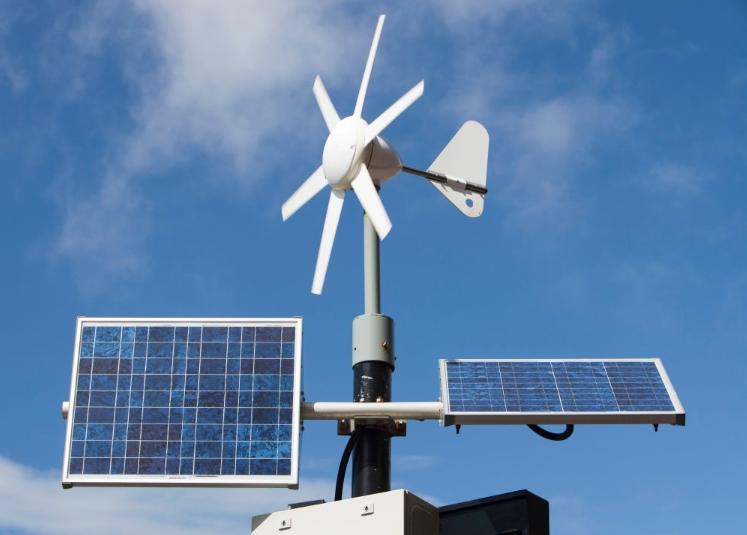NASA has reported that July 2023 was the most sweltering month recorded in its extensive temperature archives. Concurrently, the global population experiencing a middle-class or affluent lifestyle has surpassed the 4 billion mark. This marks a monumental moment where the average individual globally can afford the conveniences and lifestyle previously reserved for the affluent. It is essential to underscore that this correlation between escalating temperatures and the burgeoning middle class is far from accidental.
The soaring temperatures are a stark testament to the relentless progression of climate change, fueled by a global economy that’s predicated on catering to the expansive and ever-growing consumption needs of the middle class. Despite enthusiastic discourse surrounding renewable energy, we witnessed CO2 emissions ascend to unprecedented heights in 2022.
Yet, ironically, this burgeoning global middle class might just be our most potent ally in the monumental quest to achieve Net Zero by 2050. This assertion is anchored in three foundational reasons:
Expanding International Climate Action
The realization has dawned that mitigating climate change is a collective global endeavor. The Kyoto Protocol of 2005, although groundbreaking, was limited in its impact, imposing emissions reductions mandates only on advanced economies. The Paris Agreement of 2015 marked a pivotal turning point, crystallizing a universal commitment to emissions reduction. This global consensus was catalyzed significantly by the vocal advocacy of the emergent middle classes in developing nations, suffering the palpable impacts of environmental degradation.
Amidst smog-laden cities, the prospect of financial and technological support to spur green economic revolutions became an attractive proposition for developing nations. The sustained adherence to the Paris accord is in no small part attributable to the vigilant oversight of environmental groups, predominantly spearheaded by the global middle class.
Redirecting the Flow of Capital
The middle class is instrumental in pivoting the trajectory of the colossal $133 trillion global bond markets towards sustainable investments. Although the sustainable bond markets, valued at a modest $2 trillion, are in their nascent stages, they epitomize the most rapidly expanding segment of the capital markets. The clamor for increased allocations to sustainability-themed financial products is resounding. In an era where technological advancements are harmonizing economic and environmental objectives, these investor inclinations are being satisfied without compromising financial yields.
The enormous subsidies historically granted to fossil fuel industries, underscored by a staggering $7 trillion disbursement last year, is a stark indicator of the indispensability of investor advocacy. In the absence of governmental intervention through carbon taxing and analogous mechanisms, capital markets, under the influential guidance of the middle class, are autonomously recalibrating towards sustainability.
Consumer Advocacy for Sustainable Practices
The middle class is exhibiting an unyielding resolve in promoting corporate sustainability. An intrinsic characteristic of the middle-class consumer base is their propensity to amalgamate economic and social considerations in their consumption choices. Companies like Toms and Share epitomize entities that have seamlessly integrated social good into their core business ethos. A PwC survey of U.S. business magnates revealed that a staggering 79% attributed central importance to social purpose in their corporate trajectories.
Although skepticism prevails regarding the authenticity of these corporate sustainability endeavors, it is indubitable that middle-class consumption patterns are not inherently linked to elevated emissions. The variances in energy consumption between U.S. households and their European and Swiss counterparts highlight the pivotal role of policy. With the middle class progressively recognizing their influence, their advocacy for comprehensive, systemic transformations is intensifying.
In conclusion, the ascendency of the global middle class is not merely a demographic or economic phenomenon. It signifies the emergence of a potent force that could be instrumental in orchestrating the systemic transformations requisite for mitigating the existential threat of climate change. The era of relegating environmental advocacy to fringe groups is conclusively behind us; the expanding global middle class is championing the urgent, comprehensive change indispensable for the preservation of our planet.



